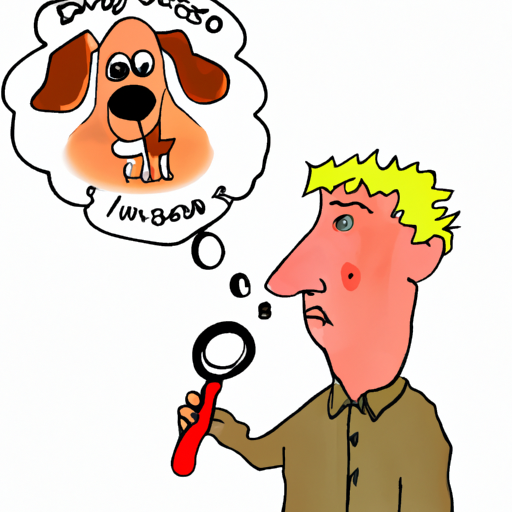As a caregiver, you dedicate yourself to the wellbeing of those in your care, be they humans, animals, or in this case, your beloved pet dog. When unusual behaviors, like teeth chattering, manifest, it’s only natural for you to be concerned.
H2: Understanding Teeth Chattering
Teeth chattering in dogs is not as uncommon as you might think. It’s a behavior that can be triggered by a variety of factors, ranging from the mundane to the serious.
- Cold: Just like us, dogs can chatter their teeth when they’re cold.
- Excitement or Anxiety: Emotional states can also lead to teeth chattering in dogs.
- Oral Problems: This could be a sign of dental issues, oral pain, or oral diseases.
However, understanding these triggers is only the first step. You must learn to differentiate between benign chattering and signs of a more serious issue.
H2: Spotting the Signs of Trouble
Regular observation of your dog’s behavior can help you spot any unusual changes. Here are some signs that the teeth chattering could be a cause for concern:
- Excessive drooling
- Bad breath
- Loss of appetite
- Changes in behavior
If you notice any of these signs, it’s time to consult a vet.
H2: Preventive Measures
While you can’t completely eliminate the chance of teeth chattering in your dog, there are steps you can take to minimize the risk:
- Regular vet check-ups
- Good oral hygiene
- Keeping your dog warm
- Providing a safe, stress-free environment
Remember, prevention is always better than cure.
H2: What a Vet Visit Might Involve
If your dog’s teeth chattering is paired with other concerning symptoms, a vet visit is necessary. Here’s what you might expect:
| Step | Description |
|---|---|
| Initial Exam | The vet will conduct a general examination to rule out obvious causes. |
| Dental Check | A thorough examination of the oral cavity will be done. |
| Tests | If needed, the vet may suggest blood tests or X-rays. |
H2: Dealing with the Diagnosis
Getting a diagnosis can be both a relief and a challenge. It’s important to follow your vet’s advice and treatment plan. Remember, your primary goal is to ensure your dog’s wellbeing.
FAQ
Q: How common is teeth chattering in dogs?
A: It’s quite common and can be triggered by a variety of factors.
Q: When should I be concerned?
A: If teeth chattering is accompanied by other symptoms like loss of appetite or changes in behavior, consult a vet.
Q: Can teeth chattering be prevented?
A: While it can’t be completely eliminated, regular vet check-ups and good oral hygiene can minimize the risk.
Q: What can I expect from a vet visit?
A: The vet will conduct an initial exam, a dental check, and may suggest further tests if required.
Q: What should I do after getting a diagnosis?
A: Follow your vet’s advice and treatment plan diligently. Your dog’s wellbeing should be your top priority.



